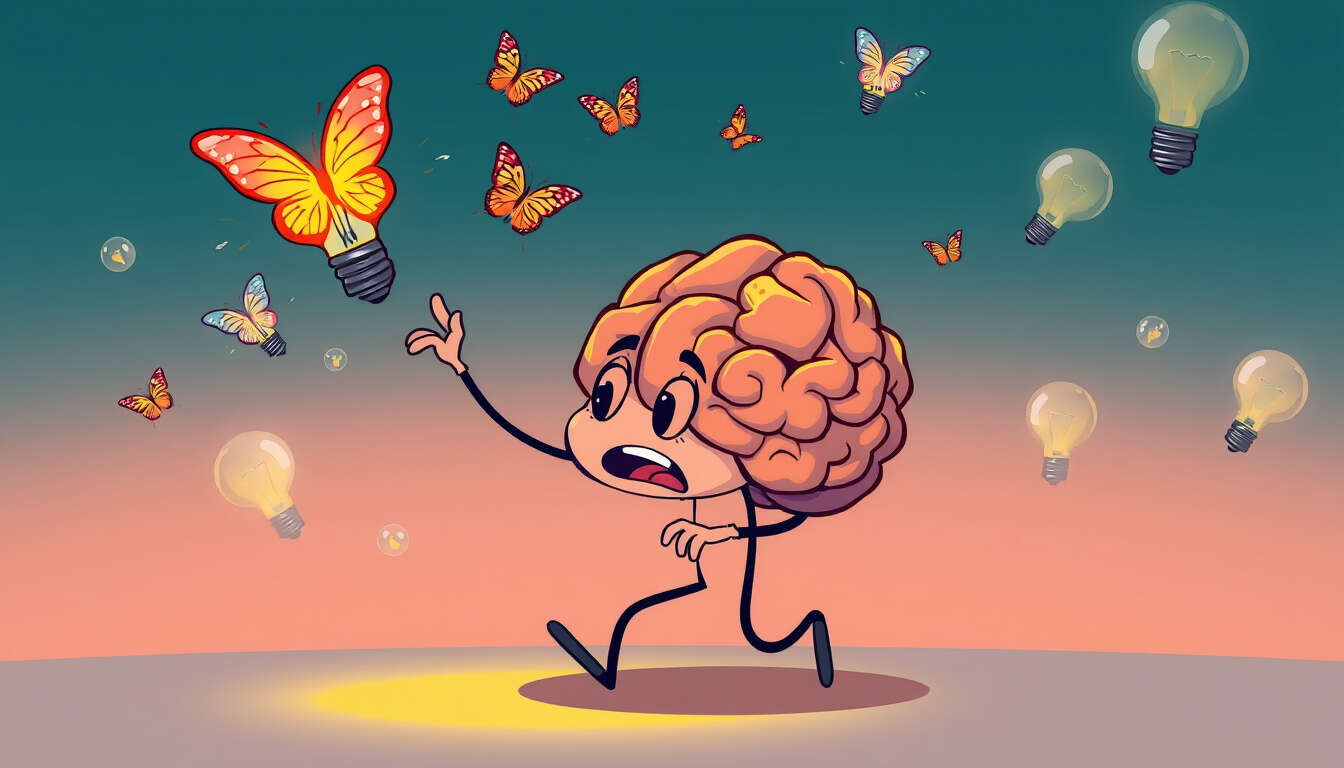Science-Backed Hacks for Creative Thinking
 by Shanie Goodwin
by Shanie Goodwin
Explore practical, research-driven strategies to boost creative thinking. Learn how techniques like mindfulness and exercise can enhance innovation and problem-solving for professionals and students alike.

Many people seek ways to improve their creative thinking in daily life. This can lead to better problem-solving and innovation. For instance, creative thinking plays a key role in professional success.
One effective approach draws from cognitive research. Studies show that regular breaks can refresh the mind. Taking short pauses allows ideas to flow more freely. This method helps reduce mental fatigue and sparks new insights.
Another strategy involves physical activity. Research indicates that moderate exercise boosts brain function. For example, a brisk walk can increase blood flow to the brain. This supports the generation of fresh ideas.
Key Techniques to Try
To apply these findings, consider starting with simple routines. First, incorporate mindfulness practices into your day. Evidence from psychology suggests that focused breathing exercises can clear distractions. Such practices enhance concentration and foster originality.
Next, try varying your environment. Scientists have found that changing surroundings stimulates the senses. A new setting, like working outdoors, can encourage divergent thinking. This leads to more creative outcomes.
Building habits around these strategies matters too. For busy professionals, setting aside dedicated time each day works well. Students might use timers to structure sessions. Over time, consistent use builds stronger cognitive pathways.
Benefits and Real-World Applications
The advantages extend beyond immediate gains. Improved creative thinking can lead to greater efficiency at work. Teams often report higher productivity when members apply these methods. In education, students perform better on tasks requiring imagination.
Real examples highlight the impact. A group of researchers observed that participants who combined exercise with brainstorming produced more unique solutions. This shows how science-based hacks deliver tangible results.
In conclusion, adopting these approaches can transform how you approach challenges. By drawing on evidence from studies, anyone can enhance their abilities. Start small and watch the differences unfold over time.
